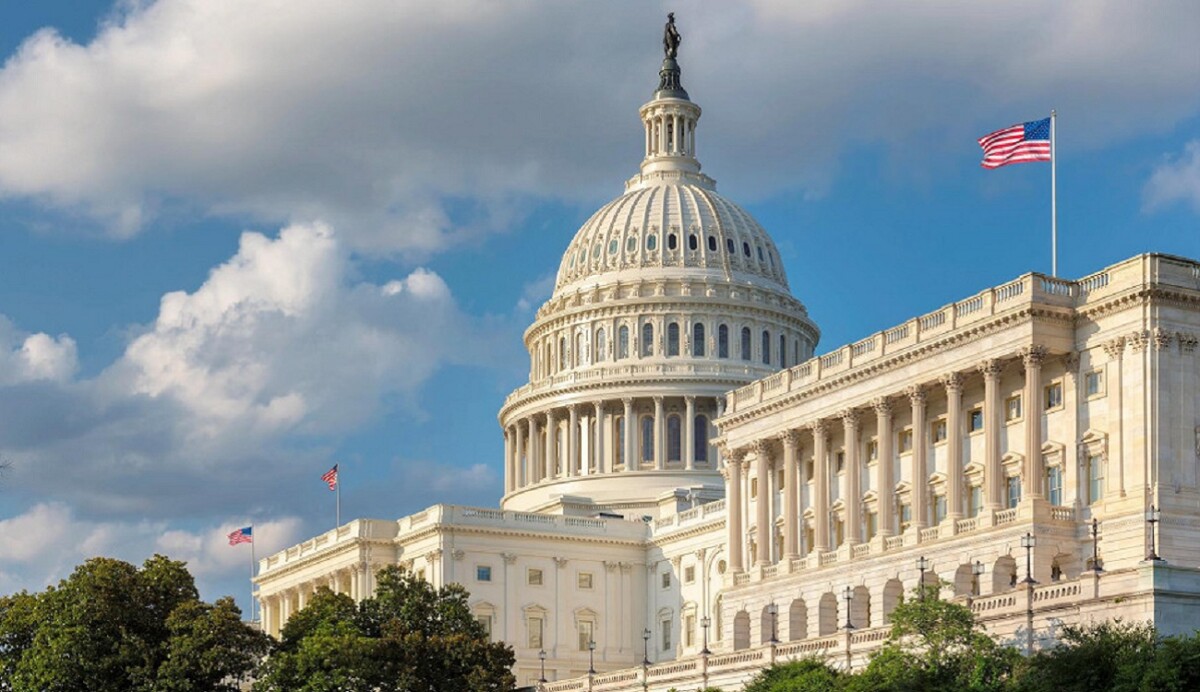

On January 24, the U.S. Senate Committee on Foreign Affairs supported the Rebuilding Economic Prosperity and Opportunity (REPO) for Ukrainians Act (hereinafter referred to as the REPO Act).
The REPO Act proposes to give the U.S. President the authority to confiscate the sovereign assets of Russia, which directly or indirectly belong to the government, the Central Bank, and the Russian Direct Investment Fund. In general, according to various estimates, from USD 300 bln to 500 bln of Russian state assets are concentrated on the territory of Ukraine’s Western partners.
According to the New York Times, the reason for more active steps on the part of the Biden administration to confiscate the state assets of Russia was the fact that Congress had not adopted an assistance package to Ukraine by the end of 2023 and is still delaying such a decision.
Now, after the approval of the committee, the bill must go through a full vote in the Senate, and it must also be considered by the House of Representatives. Subsequently, the law should be signed by President Joe Biden.
In general, this legislative initiative can be called perhaps the most elaborated from the perspective of Ukraine’s interests. The document immediately provides for the creation of a Fund in the United States to “support Ukraine,” which will be filled with funds from Russian sovereign assets; moreover, the bill provides for a clear targeted use of such funds. In addition, the REPO Act authorizes the president to cooperate with international partners, on whose territory Russian sovereign assets are also stored, with the aim of confiscating them into another international “Joint Ukrainian Fund.”
Previous U.S. legislative initiatives concerned the confiscation of private assets of Russian kleptocrats under U.S. sanctions. However, such confiscation is more problematic from the perspective of compliance with the legal principle of proportionality of responsibility and, in general, the confiscation process because it raises the issue of respect for human rights.
On January 22, Josep Borrell, High Representative of the Union for Foreign Affairs and Security Policy, announced a shift in the discussion between the EU member states on the use of income received from frozen Russian sovereign assets. In this case, we are talking about the future transfer to Ukraine of funds from the taxation of income from Russian assets, which are stored in the European depository and clearing institution Euroclear in Belgium.
This publication was prepared by Transparency International Ukraine with the financial support of Sweden.
According to the New York Times, the reason for more active steps on the part of the Biden administration to confiscate the state assets of Russia was the fact that Congress had not adopted an assistance package to Ukraine by the end of 2023 and is still delaying such a decision.






